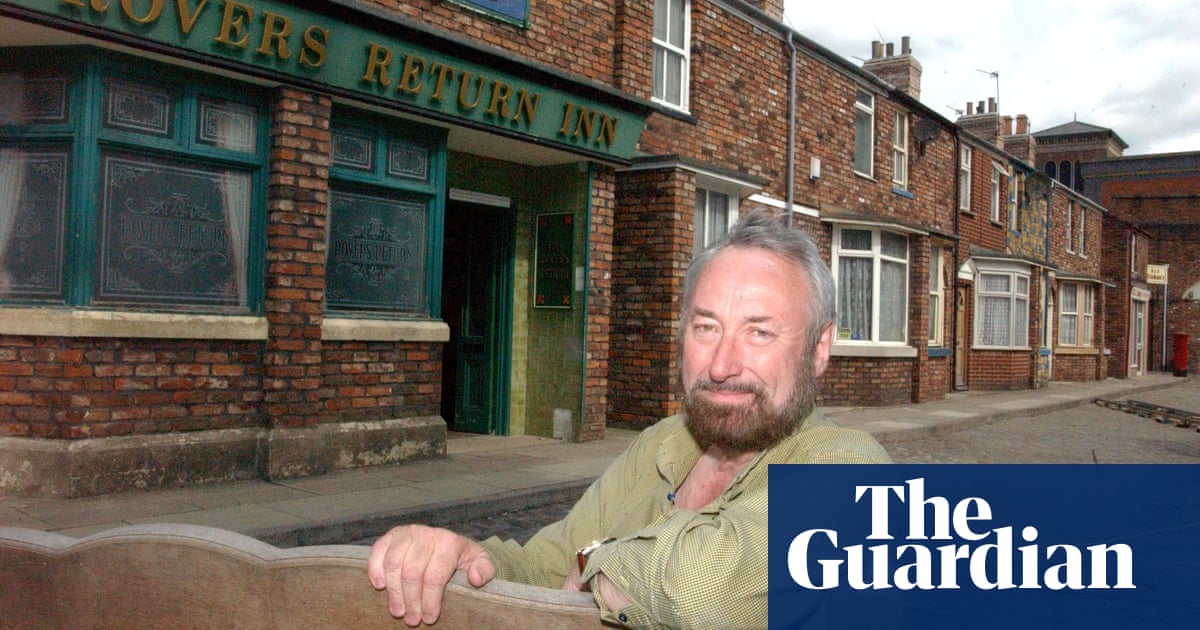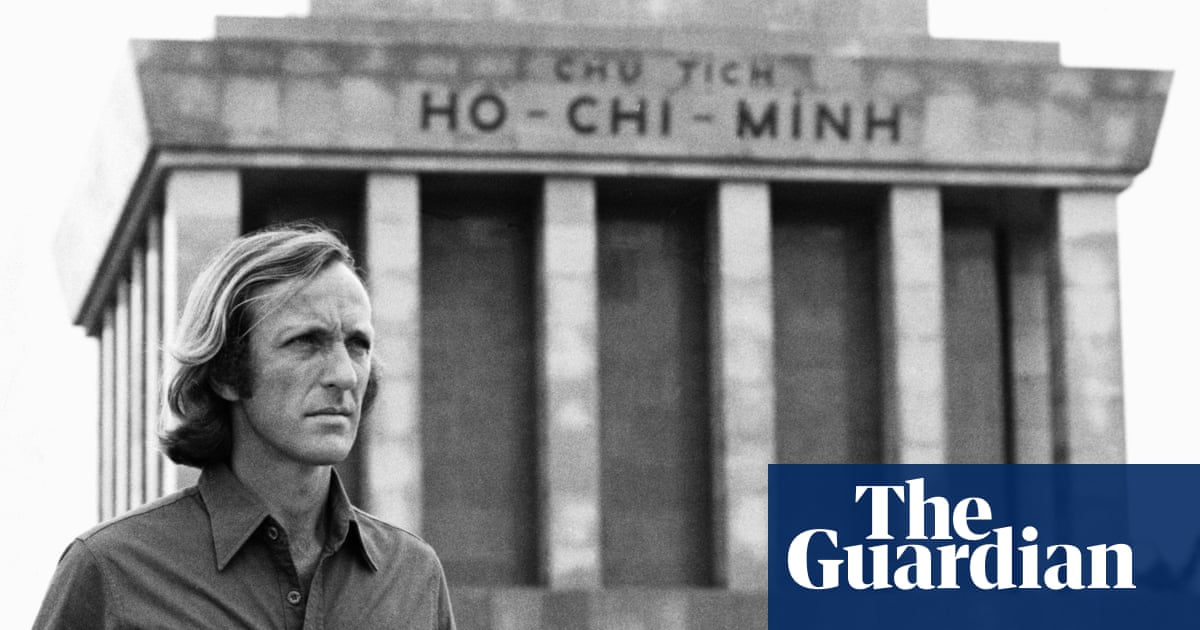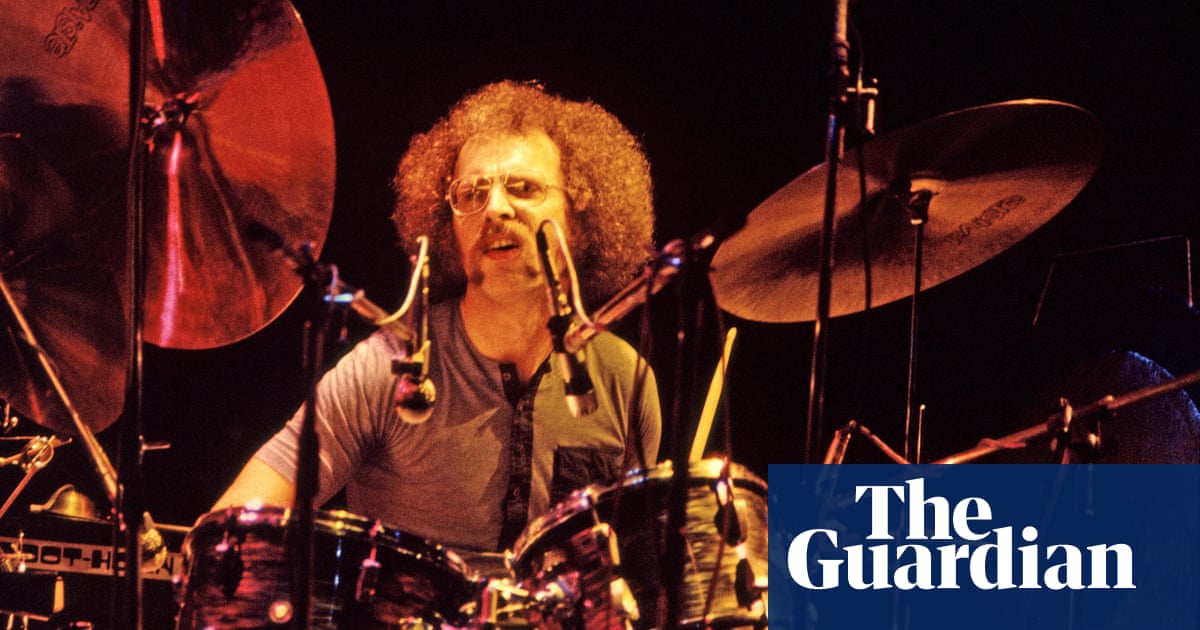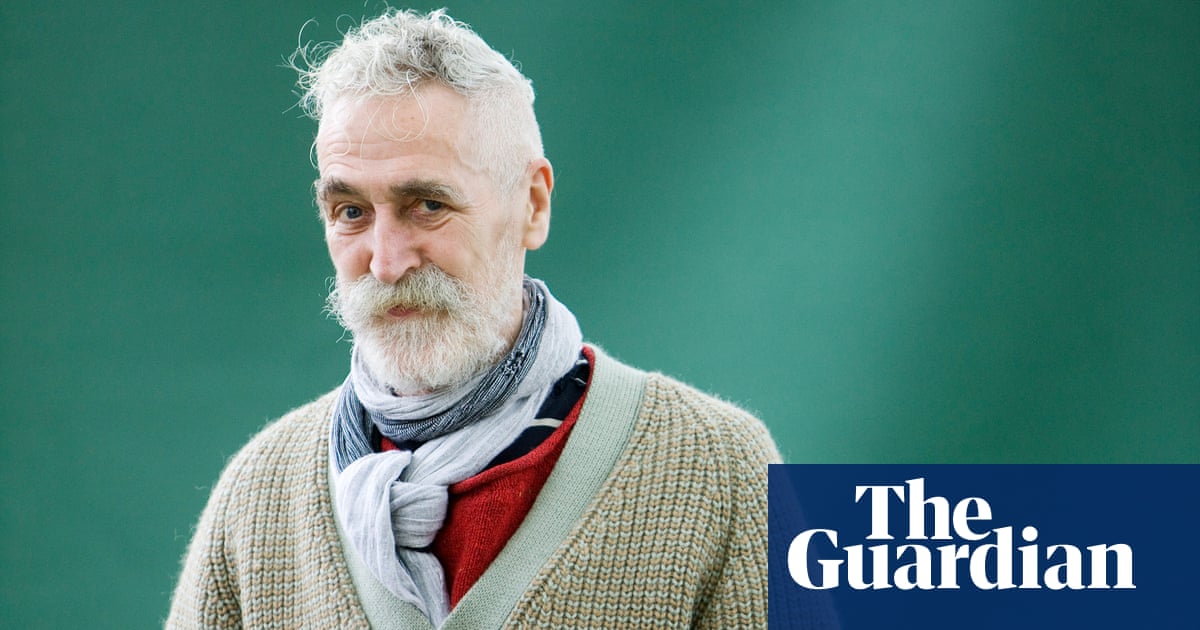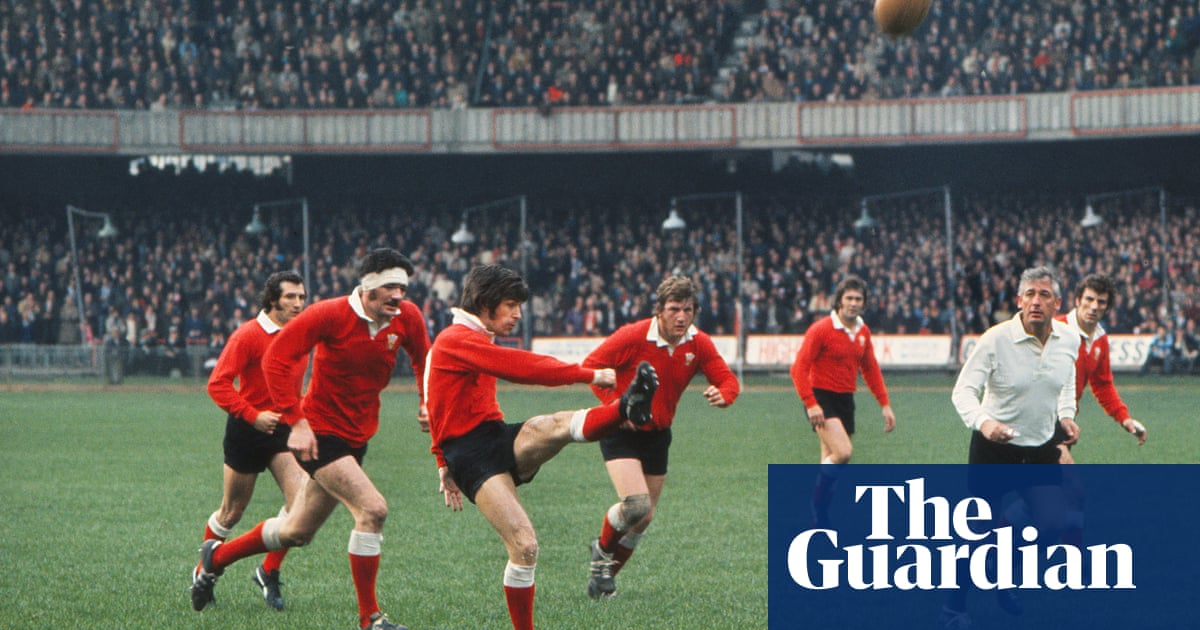
While the economy of jazz has always been a fragile thing, the music’s inner resilience is founded on its practitioners’ shared belief in the human value of their work. As the co-founder and presiding spirit of the London jazz festival, John Cumming, who has died aged 71 after suffering from cancer, fully understood that and helped the medium to survive and thrive through the organisation of countless tours and festivals.
Musicians are generally wary of festival directors, club owners and others on whose patronage they depend, but among the many who developed an implicit trust in Cumming’s methods and motives were Carla Bley, Keith Jarrett, Robert Glasper, Sonny Rollins, Jason Moran, Jack DeJohnette and Pat Metheny, plus several generations of British musicians whose careers he nurtured.
From modest beginnings in 1993, the London jazz festival grew to the point at which it was able to celebrate its 25th anniversary with 350 shows in more than 60 venues across the capital, featuring a range of performers from world stars including Herbie Hancock and Abdullah Ibrahim to representatives of the vibrant new British scene.
As it evolved, the festival added the panel discussions, study days, free foyer performances and children’s events that were an essential part of Cumming’s mission both to widen the audience and, with the lightest of touches, to deepen its appreciation of the music.
In an interview to celebrate that anniversary, Cumming briefly summarised his credo: “Jazz always looks outwards and absorbs and also changes people’s perceptions.”
His own tireless curiosity and sharp perception made him responsive to the earliest tremors in the music’s tectonic plates: he was, as all great arts festival directors must be, not just a connoisseur of the past but a friend to the new, whether it be the tide of new sounds flowing from the Nordic countries since the 1970s or the hip-hop-influenced music incubated in east and south London in recent years.
Born in Edinburgh, he was the son of Marian (nee Williams), a nurse, and Robert Cumming, a doctor. His parents met while serving in Singapore, shortly before its occupation by the Japanese in 1942. Marian was interned while Robert worked on the Burma railway; later he became a reforming head of the Scottish blood transfusion service. John attended Edinburgh academy and Edinburgh University, where he studied first English and then history. There he met Ginnie (Virginia) Smith, another history student; they formed an immediate partnership and were married 17 years later.
He left university without graduating, having become immersed in the world of theatre. He worked as a stagehand and lighting technician with the university drama society and with the Traverse theatre (most memorably in 1967 with La MaMa, the experimental 0ff-Broadway troupe) and set up his own Pool Lunchtime theatre club in an old cafe, commissioning work from new Scottish writers.
Later, as a freelance, he lit the Welfare State and IOU companies in site-specific performances. These practical experiences taught him the importance of high production standards, the necessity of running to schedule, the satisfaction of collective endeavour and a sensitivity to the temperamental fluctuations of performers.
Jazz had been an interest since his teens, when he visited London to hear Gerry Mulligan at the Festival Hall and Rollins at Ronnie Scott’s. In 1973, invited to run the theatre and music programmes at the South Hill Park arts centre in Berkshire, he created the annual Bracknell jazz festival, where he presented Americans such as Ornette Coleman, Metheny and Don Cherry alongside British musicians, including Mike Westbrook and Stan Tracey.
Moving to London in 1977, he was asked to programme the Camden jazz week, which had grown out of the abandoned Jazz Centre project; memorable performers at the Roundhouse, the Shaw theatre and the Bloomsbury theatre included Art Blakey’s Jazz Messengers, the Art Ensemble of Chicago and Charlie Haden’s Liberation Music Orchestra. His tour-managing skills were spotted by a grateful Bley and were also used on the Arts Council’s contemporary music network tours by George Russell, Gil Evans and many others.
In the 1980s he founded Serious Productions with John Ellson, managing the careers of the saxophonists John Surman and Andy Sheppard and the vibraphonist Orphy Robinson. Later, as the scope of his operations grew, he was joined by two new partners, David Jones and Claire Whitaker.
He belonged to an illustrious line that started with John Hammond’s From Spirituals to Swing concerts at Carnegie Hall in the late 30s and evolved through Norman Granz’s Jazz at the Philharmonic tours in the 50s to George Wein’s Newport jazz festival, Joachim Ernst Berendt’s Berlin jazz days and Claude Nobs’ Montreux jazz festival. John was wise, funny, generous and convivial, telling great stories and giving down-to-earth advice.
When I asked him, in my first year as artistic director of the Berlin jazz festival, how he coped with the sometimes absurd demands inserted by the managers of prominent musicians in their contract riders, he replied: “I take a pencil and I cross them out.”
As a founder member of the European Jazz Network, Cumming had encouraged women in particular to acquire the skills that would lead them to senior organisational roles. His successor as director of the London jazz festival was Pelin Opcin, formerly of the Istanbul equivalent. She took over in 2018, the same year that another woman, Nadin Deventer, took the reins in Berlin.
John’s interest in mentoring was extended to young musicians via the long-running Take Five programme, a kind of finishing school in form of a week-long residential course with a follow-up programme, whose alumni include the drummer Seb Rochford, the trumpeter Yazz Ahmed and the saxophonists Shabaka Hutchings and Nubya Garcia.
Of all the many special projects he had helped bring to life, two relatively recent examples illustrated the breadth of his interests, the strength of his vision and – never to be underestimated in the director of a jazz festival – an ability to secure financial support in straitened times.
The first, in 2018, was Harlem Hellfighters, in which the pianist Jason Moran examined the music of the African-American military band brought to Europe during the first world war by James Reese Europe. Cumming was proud that the ensemble included young British musicians of outstanding talent.
The second, in 2017, was Mind on the Run, a three-day festival dedicated to the work of the experimental composer Basil Kirchin and mounted in 2017 as part of Hull’s year as the UK City of Culture. Drawing national attention to an obscure but fascinating figure, this brought together musicians from Goldfrapp, Saint Etienne, the Specials, Sonic Youth and the High Llamas, as well as free improvisers and the BBC Concert Orchestra.
Cumming’s work was formally recognised by the BBC jazz awards in 2005 and the all-party parliamentary jazz appreciation group in 2012, and by appointment as OBE in 2014.
He is survived by Ginnie, a retired historian, and their daughter, Kate.
• John Cumming, festival director, born 30 September 1948; died 17 May 2020




